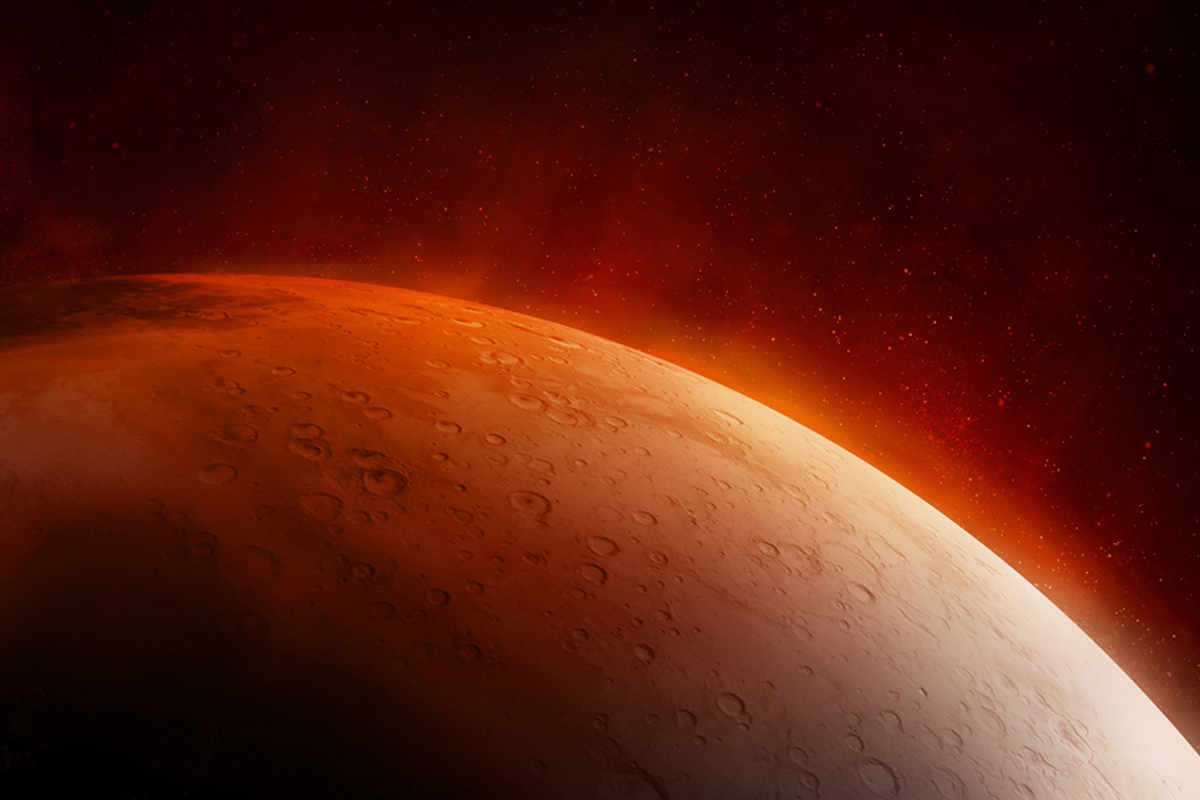Scientists from the University of Washington in St. Louis have found out why water disappeared on Mars.
Scientists agree that there used to be a lot of water on Mars. But now the surface of the planet is completely dry. Researchers have put forward many hypotheses about the causes of this phenomenon.
The authors of the new work claim to have found the main factor. According to them, Mars is too small to hold a lot of water.
The fate of Mars was decided from the beginning. There is probably a threshold for the size of rocky planets to hold enough water to support life and plate tectonics, and Mars is not massive enough.
The authors of the new work studied stable isotopes of potassium: it was used as an indicator for more volatile compounds such as water. They also estimated potassium levels in 20 Martian meteorites they found on Earth.
As a result, it turned out that the Red Planet lost more potassium and other volatile substances than the Earth during its formation, but retained more volatile elements than the Moon.
Researchers have found a link between the number of volatile elements and the mass of a cosmic body. And they stated that there is a mass threshold for rocky planets so that they can hold liquid water. Such planets must be larger than Mars.

